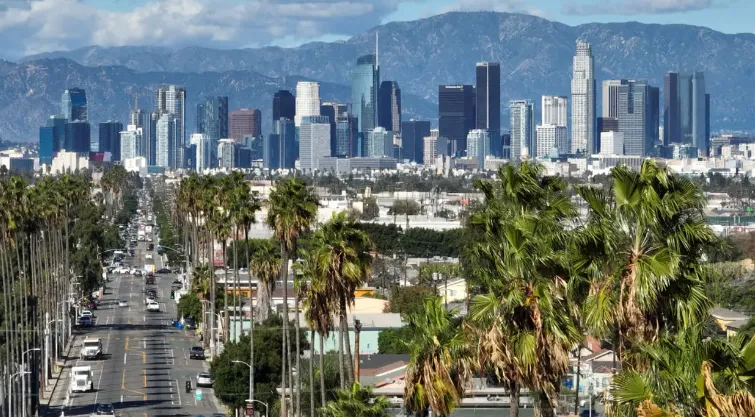California has long been mythologized in the American imagination as a land of endless summer, golden beaches, and a laid-back lifestyle that defined an era of unparalleled cultural influence. This article explores the “Lost California Lifestyle,” a nostalgic ode to a bygone period that continues to shape perceptions of the Golden State today.
The Dawn of the California Dream
The California lifestyle became an iconic part of American culture during the mid-20th century. It was a time of economic boom and rapid cultural development. The state’s population grew dramatically with the promise of jobs, better weather, and a higher quality of life. California was seen as a frontier of opportunity, from the Gold Rush to the rise of Hollywood and the tech boom in Silicon Valley.
Surf Culture and the Beach Boys
Perhaps nothing symbolizes the California dream more than its surf culture, which captured the world’s imagination. In the 1960s, the Beach Boys harmonized about the joys of surfing, cars, and young love, embedding images of California as a paradise of blue oceans and sunny skies into the minds of millions. The laid-back lifestyle where days were spent chasing waves and evenings were filled with bonfires on the beach, created a compelling image that defined a generation.
Hollywood: The Factory of Dreams
Hollywood, too, played a crucial role in crafting the image of California as a place where anyone could make it big. As the epicenter of the film industry, it not only influenced global fashion and trends but also sold a lifestyle of glamour and excess that was irresistible to many. Movie stars and celebrities became the unofficial ambassadors of the luxe California lifestyle, living in sprawling mansions and attending glamorous parties that were fodder for magazines worldwide.
The Counterculture Movement
The 1960s and 70s also saw California as the birthplace of the counterculture movement, which challenged the status quo and advocated for a more open, tolerant society. San Francisco’s Haight-Ashbury became known as the epicenter of the hippie movement, where music, psychedelic art, and new ideas flourished. This era contributed significantly to the notion of California as a space of liberal thought and cultural experimentation.
Technological Innovation and Economic Growth
Silicon Valley became the global hub for technological innovation and economic growth in the late 20th century. The tech boom further enhanced California’s reputation as a land of innovation, entrepreneurship, and immense wealth. However, this also marked the beginning of significant changes in the California lifestyle, with increasing urbanization and the cost of living driving economic disparities.
Environmental Challenges
The idealized vision of California’s endless natural beauty and resources has also been challenged by environmental realities. Frequent droughts, wildfires, and debates over water rights have become prominent, revealing the limits of California’s capacity to support its population and lifestyle sustainably.
The Impact of Gentrification
Urban areas like Los Angeles and San Francisco have undergone significant gentrification, pushing out long-time residents who can no longer afford the skyrocketing cost of living. The tech industry’s expansion has brought wealth but also economic inequality, altering the social fabric of cities known for their diversity and creative communities.
The Shift in Lifestyle
The quintessential California lifestyle of leisure and luxury now competes with the realities of a modern, fast-paced, and often inaccessible economic landscape. While the beaches, beautiful landscapes, and cultural hotspots remain, the sense of ease and accessibility that characterized earlier decades has diminished for many ordinary Californians.
Conclusion
Despite these changes, the dream of the California lifestyle endures. It evolves and adapts, influenced by new generations that bring their visions and realities to the state’s cultural landscape. California continues to be a symbol of hope, innovation, and natural beauty, even as it navigates the complexities of modern life. The lost California lifestyle, with its aura of simplicity and endless possibility, serves as a nostalgic reminder of a unique time in history, inspiring us to envision new ways to capture its spirit in the present day.
